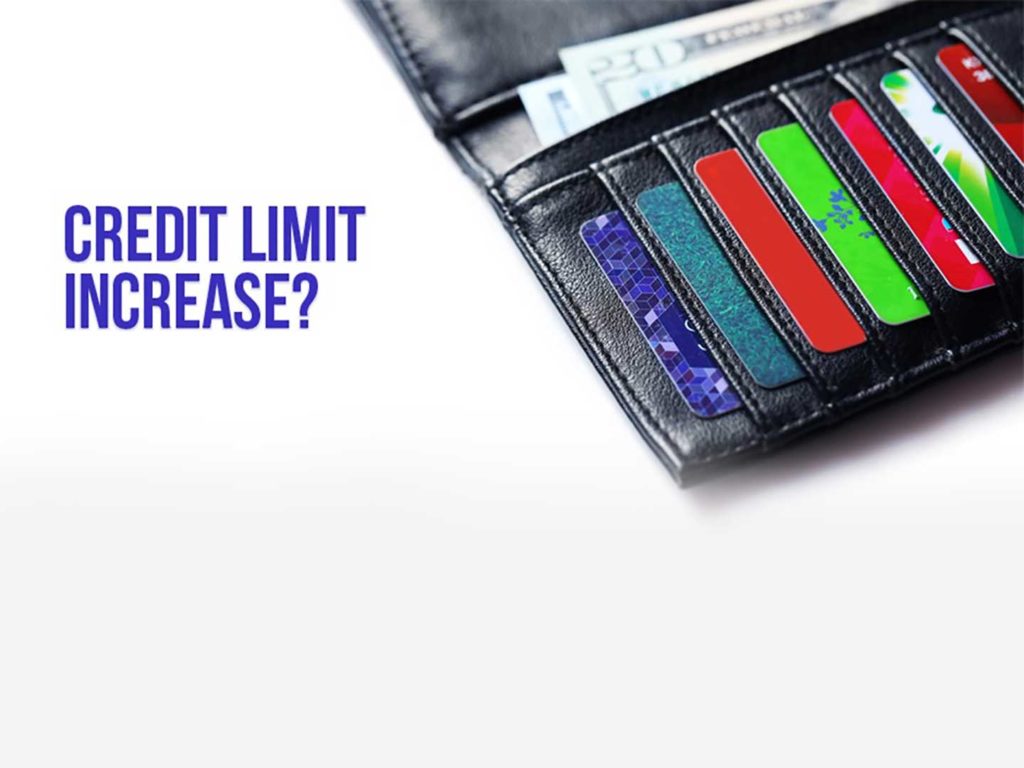Search
How do Banks Come up With the Credit Card Limits?
February 10, 2018

Credit cards are used by a number of people in India as well as in other countries. However, the spending limits on these can vary significantly even within the same bank. So, one person may have a credit card limit of Rs. 50 thousand while another person who has the same card may have it as much as Rs. 2 lakhs. So, how are these limits decided?
Banks set the credit card limits for different individuals on the basis of their financial information. This can be done in two manners:
Income Documents
One of the simplest methods of credit card limit calculation is to multiply a person’s monthly salary with a certain multiplier which is usually 2, 2.5, or 3 depending on the person’s credit history.
Card issuers take some other factors into account as well when setting a credit card limit. For instance, they will check if you are already repaying any loan(s), in which case they will deduct the EMI from your monthly salary before its multiplication.
Non-Income Based Information
This method is typically found in co-branded credit cards in which you get special discounts from a particular online store or a retail outlet, etc. In this, the card issuer checks your spending habits with the said retailer to estimate your monthly income.
In many cases, the card issuers also check the applicant’s credit report from any of the top credit rating agencies such as CIBIL or Equifax to get a better idea of a viable credit limit.
Spending Limit Revision
After using a credit card for a while, a lot of people decide to increase their card limit for many reasons. For instance, they may want to enjoy a better CIBIL rating, or maybe their current limit is falling short of their spending. Either way, card issuers allow for credit limit revision after a certain period which could be anywhere between 6 to 18 months. They conduct an assessment after that and may increase the limit by a factor of 1.25 to 1.5 based on the results.
Important Links:
- Post Graduate Diploma in Banking & Finance: https://new.ask.careers/courses/post-graduate-diploma-in-banking-finance/
- 4-IN-1 Professional Diploma in Banking, Financial Services & Insurance (PDBFSI): https://new.ask.careers/courses/professional-diploma-in-banking-management/
- Mumbai: https://new.ask.careers/cities/mumbai/
- Lonavala: https://new.ask.careers/cities/lonavala/
- Ahmedabad: https://new.ask.careers/cities/ahmedabad/
- Vadodara: https://new.ask.careers/cities/vadodara/
- TSCFM: https://new.ask.careers/institutes/tscfm/
Courses
-
MBA for Executives
-
testssd
-
testssd
-
testssd
-
testssd
-
testssd
-
BBA from UK University
-
Banking course + Job
-
MBA from ARU, Anglia Ruskin University (UK)
-
4-IN-1 Professional Diploma in Banking, Financial Services & Insurance (PDBFSI)
-
MBA from HSNC University (Mumbai, India)
-
Sage Foundation - Professional Diploma in Banking
-
3-in-1-management-program
-
Post Graduate Diploma in Banking & Finance
-
Post Graduate Diploma in Digital Marketing
-
Post Graduate Diploma in Integrated Marketing, Advertising & Communication
-
4-IN-1 Professional Diploma in Banking, Financial Services & Insurance (PDBFSI)
-
Professional Diploma in Digital Marketing
-
Professional Diploma in Real Estate Management
-
Professional Diploma in Photography
-
Certificate in Business English
